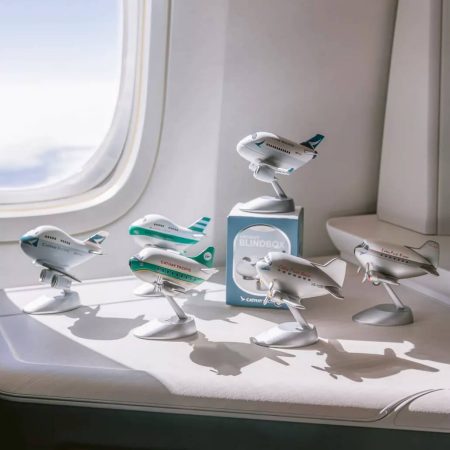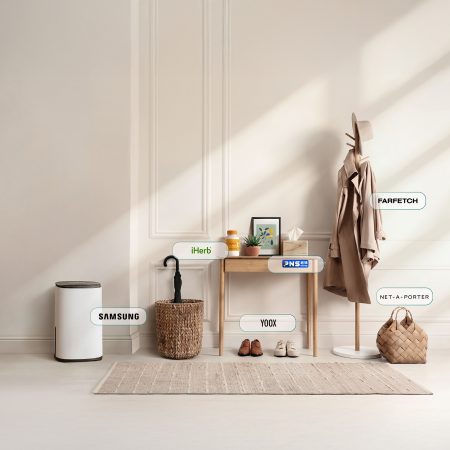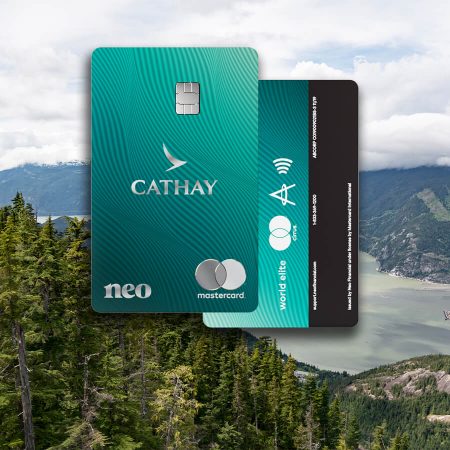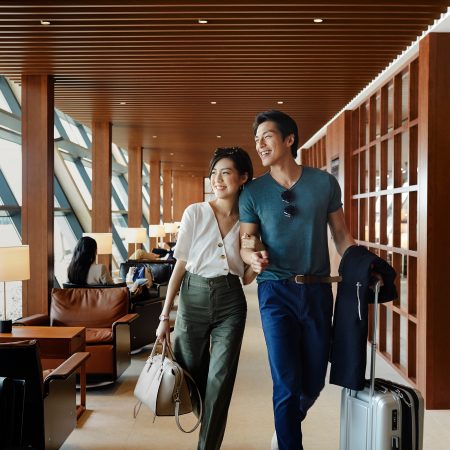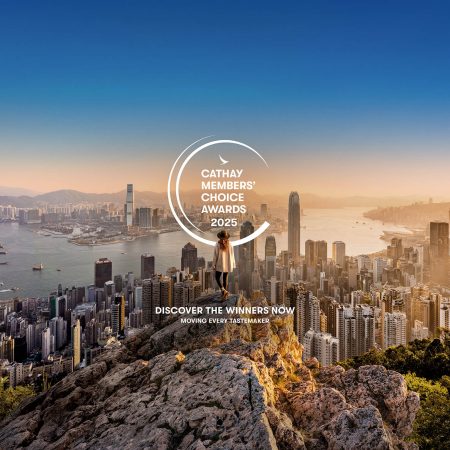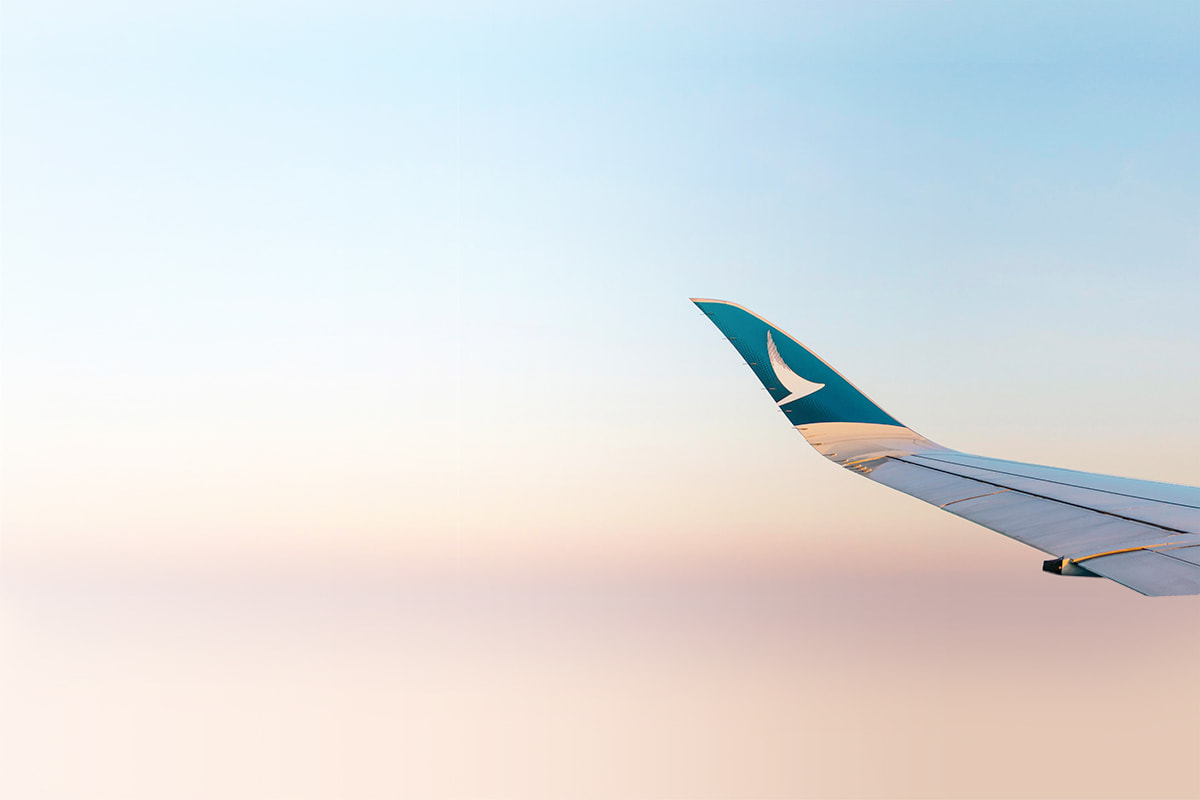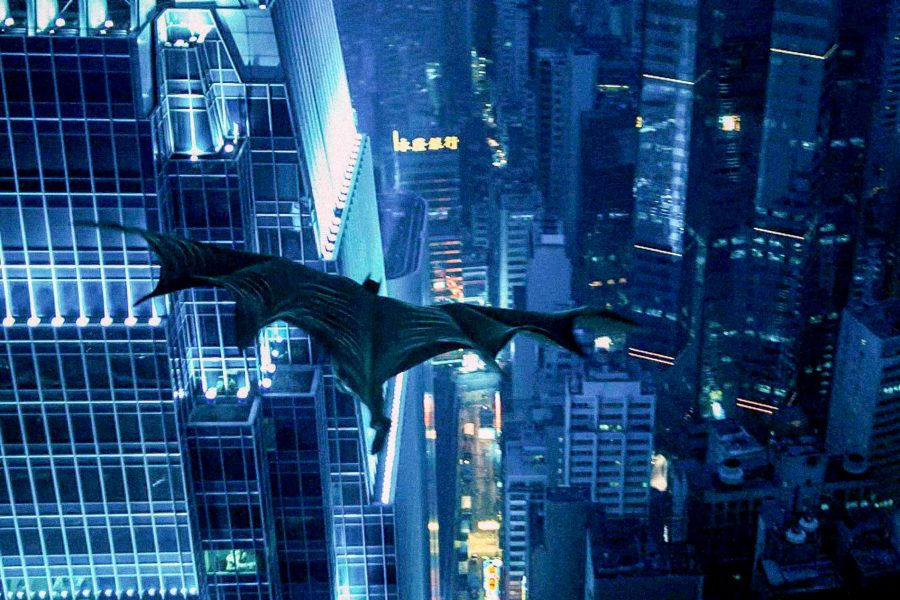Local film buffs often joke that Hong Kong itself is one giant film studio. The compact city is home to one of the most active film industries in the world – in the 1990s, it even earned the nickname of ‘Hollywood in the East.’ That means it’s hard to find a neighbourhood that hasn’t got a few Hong Kong movie locations and hosted a film crew (or several) at some point. Where to begin? We’ve zoomed in on 20 of the most iconic film locations.
Hong Kong Island
Hill Road, Shek Tong Tsui
In the 1988 classic Rouge, the ghost of a courtesan (played by Cantopop star Anita Mui) wanders the northwestern edge of Hong Kong Island looking for her long-lost love (played by Leslie Cheung). She makes her way to Hill Road, which sits below the tall flyover that takes drivers from Hong Kong University down the hill to the Western Harbour Tunnel. A lot has changed in the neighbourhood over the three decades since the film was made (it’s now within walking distance of an MTR station, for one), but the bridge remains an impressive architectural feat.
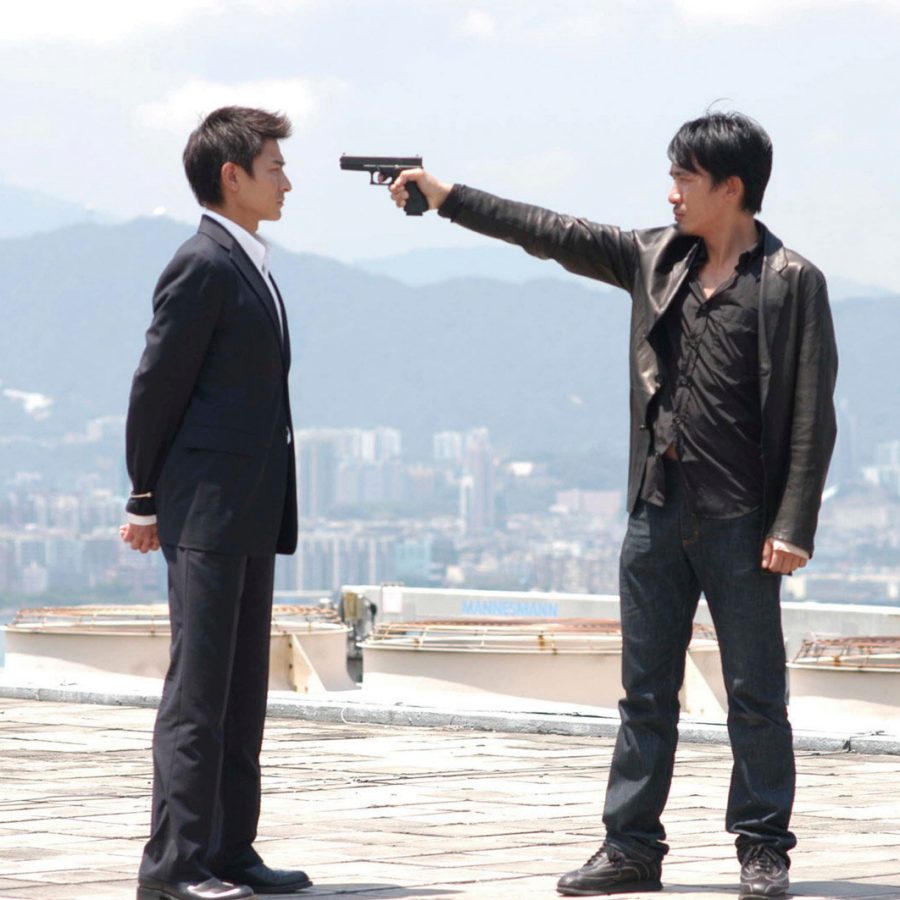
Guangdong Investment Tower, Sheung Wan
The most famous of the Hong Kong movie locations in Infernal Affairs – the rooftop of North Point Government Offices – is inaccessible to the public, but fans can visit another pivotal spot: the unassuming lobby of the Guangdong Investment Tower in Sheung Wan. It’s the location of the thriller’s biggest shock, when a major character falls from the sky onto a taxi, as well as its powerful ending.
Grand Millennium Plaza, Sheung Wan
Hong Kong Island is not exactly known for being spacious. Perhaps that’s why the park in the centre of this two-building complex is often seen in Hong Kong films, including multiple Milkyway Image films, Firestorm and the recent Chinese New Year comedy A Lifetime Treasure. If you’re a regular viewer of Hong Kong films, chances are that you’ve seen Grand Millennium Plaza onscreen.
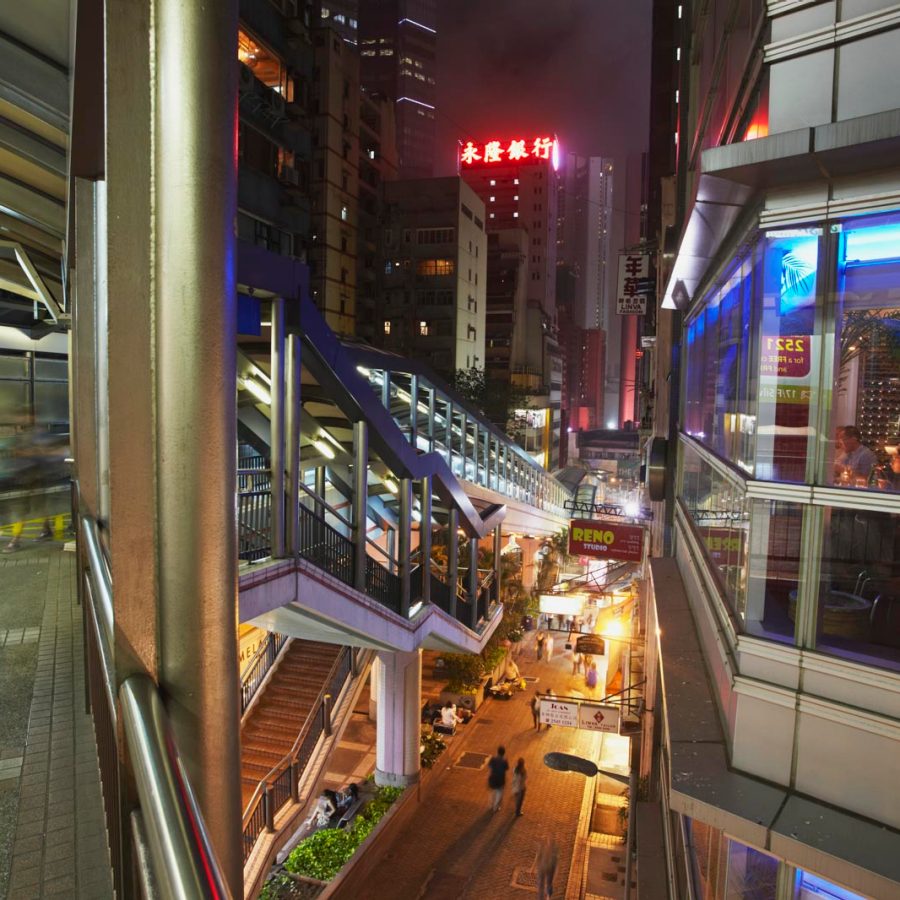
Credit: Getty Images/AWL Images RM
Central-Mid-Levels Escalator
The longest outdoor covered escalator system in the world became an instant Hong Kong landmark when it opened in 1993. It’s also become a landmark for film buffs, thanks to iconic scenes in Wong Kar-wai’s Chungking Express (the flat used in the second half of the film was located next to the escalator), Ann Hui’s All About Love and others. Christopher Nolan and his crew even shut it down temporarily for a scene between Christian Bale and Morgan Freeman in The Dark Knight.
Jackson Road, Central
One of the coolest scenes in Hong Kong cinema history is when actor Chow Yun-fat first appears as Mark in John Woo’s A Better Tomorrow. Wearing a trench coat and sunglasses (a look that would later be imitated by an entire generation of fans), Chow stands in the middle of the street before buying a plate of piping hot steamed rice rolls from a street vendor. The scene was shot on Jackson Road in Central, just next to the Cenotaph war memorial and near the old Legislative Council Building.

Credit: AF archive / Alamy Stock Photo
Wan Chai Wet Market
Paul McGuigan’s 2009 supernatural thriller Push, starring Chris Evans and Dakota Fanning, was a rarity among Hollywood productions in Hong Kong in that almost the entire film was set and filmed in the city. The many Hong Kong movie locations featured include Wan Chai’s wet market, just south of Johnston Road, near the MTR station. In addition to fresh produce, you can visit the street vendors nearby for flowers, lucky charms and cheap toys.
Wan Chai-Shau Kei Wan Minibus
While not technically one of Hong Kong’s iconic film locations, a minibus ride through Hong Kong is a unique experience that figures in Derek Yee’s 2003 romantic drama Lost in Time. A woman (played by Cecilia Cheung) becomes a driver in the cutthroat minibus industry after losing her husband in a car crash, and the popular Wan Chai-Shau Kei Wan route is where she earns her living. To retrace her route, you can catch a red-top minibus along Hennessey Road, Java Road (eastbound only) or on King’s Road (westbound only).
Tsing Fung Street Flyover, Tin Hau
This 46-year-old bridge takes drivers from King’s Road through the centre of Tin Hau down to the busy roads by Victoria Park. In director Allen Fong’s 1983 indie masterpiece Ah Ying, the two protagonists find themselves borrowing a phone from a resident in a flat by the bridge when their car breaks down on the flyover. In 2005, Aaron Kwok and Daniel Wu jumped off the bridge during a tense foot chase in crime thriller Divergence. But visitors, remember: The bridge is for cars only – so hop in a cab and check it out.
Montane Mansion, Quarry Bay
This giant residential block consists of five different buildings – dubbed by some as ‘Monster Building’ for their sheer size – and its central courtyard has appeared in numerous music videos, fashion shoots and, more recently, Instagram feeds. But Montane Mansion got its biggest global exposure when Transformers: Age of Extinction (that’s the fourth one) featured the building and its surrounding streets in its climatic final battle.
Kowloon
Avenue of Stars, Tsim Sha Tsui
The Avenue of Stars – which runs from the Hong Kong Museum of Art to the Tsim Sha Tsui East Waterfront – is not only a tribute to the local film industry, it’s one of many regular Hong Kong movie locations, as the promenade offers a sweeping view of Hong Kong Island across Victoria Harbour. In Big Brother, a tough-but-kind secondary school teacher (played by action star Donnie Yen) gives his student a chance to fulfil his dream as a singer by helping him put on an impromptu performance on the Avenue of Stars – which reopened in February 2019 after an extensive three-year renovation.
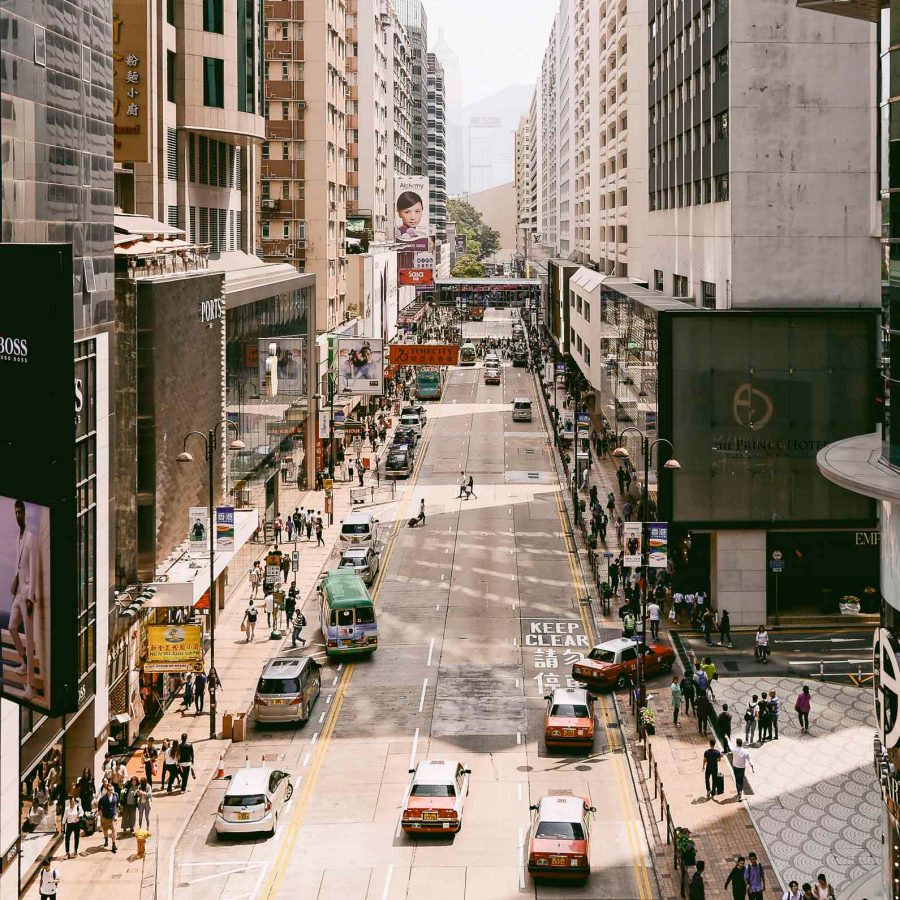
Canton Road, Tsim Sha Tsui
Key moments in Peter Chan’s iconic romance, Comrades, Almost a Love Story, take place on the streets of Tsim Sha Tsui. It’s here that the two leads – played by Maggie Cheung and Leon Lai – share a bike ride down Canton Road, humming the Teresa Teng hit song that gave the film its Chinese title (Tian Mi Mi – ‘sweet as honey’).
Middle Road, Tsim Sha Tsui
Another memorable Tsim Sha Tsui-set scene in Comrades, Almost a Love Story also features a Teresa Teng song. As her ballad Goodbye My Love plays on the radio, Lai and Cheung’s characters – former lovers at this point in the story – stop and share a passionate, but melancholic kiss by the road just across from the YMCA building.

Temple Street, Yau Ma Tei
Hong Kong’s Temple Street is known for many things – a night market, claypot rice dishes and some quirky roadside karaoke enthusiasts. Derek Yee’s award-winning C’est La Vie, Mon Chéri, puts its focus on a very specific section of the street next to the Carpark Building where Cantonese opera singers perform nightly. This tearjerker, about a musician who falls for a terminally ill girl from the neighbourhood, is a moving ode to the community.
Man Wah Sun Chuen, Jordan
Hong Kong’s other famous giant apartment block is across Victoria Harbour, between the Jordan neighbourhood and the high-speed rail station in West Kowloon. Made up of eight apartment blocks, Man Wah Sun Chuen is one of the city’s oldest private housing estates, complete with car mechanic shops and great local restaurants. It’s made multiple big-screen appearances: Man Wah Sun Chuen is where most of the action takes place in Johnnie To’s Breaking News, the location of the heartfelt finale in Lost in Time and even features in Hollywood futuristic sci-fi thriller, Ultraviolet, starring Milla Jovovich.
Hung To Road, Kwun Tong
Johnnie To and his Milkyway Image have produced some of the best Hong Kong films in the past 20 years, including Election, Running Out of Time, PTU, The Mission and Life Without Principle. No matter which Hong Kong neighbourhood his films are set in, there is always a scene that is shot in Kwun Tong – especially on Hung To Road – and the surrounding area. The reason is simple: To’s company is headquartered on Hung To Road. Even PTU, which is supposed to be set entirely in Tsim Sha Tsui, has at least one pivotal scene shot in Kwun Tong.
New Territories: Spotlight on Sha Tin
Developed in 1973, Sha Tin has the highest population of all of Hong Kong’s 18 districts. Its vast open area creates a stark contrast to the claustrophobic cityscapes of densely packed high-rises in Kowloon and on Hong Kong Island. Here are some key film locations that crop up in local films time and again.
Shing Mun River
The annual Dragon Boat Festival held on Sha Tin’s Shing Mun river is a major tournament and event. Naturally, a significant part of local comedy Men on the Dragon – about a group of middle-aged men who take up dragon boat racing – was shot on location at the river. The ending even sees the film’s ragtag group of heroes row their dragon boat all the way down to Sha Tin Town Hall.
Lung Wah Hotel
Best known for the roasted pigeon served in its restaurant and its 1950s decor, Lung Wah Hotel was often used as a recording studio and a filming location in old Hong Kong films, including Bruce Lee’s The Big Boss. Late literary legend Louis Cha reportedly wrote his first novel, The Book and the Sword, in the hotel. The building hasn’t been used as a hotel since 1985, but it has appeared in a number of recent Hong Kong films, including You Shoot, I Shoot, Husband Killers and Trivisa.
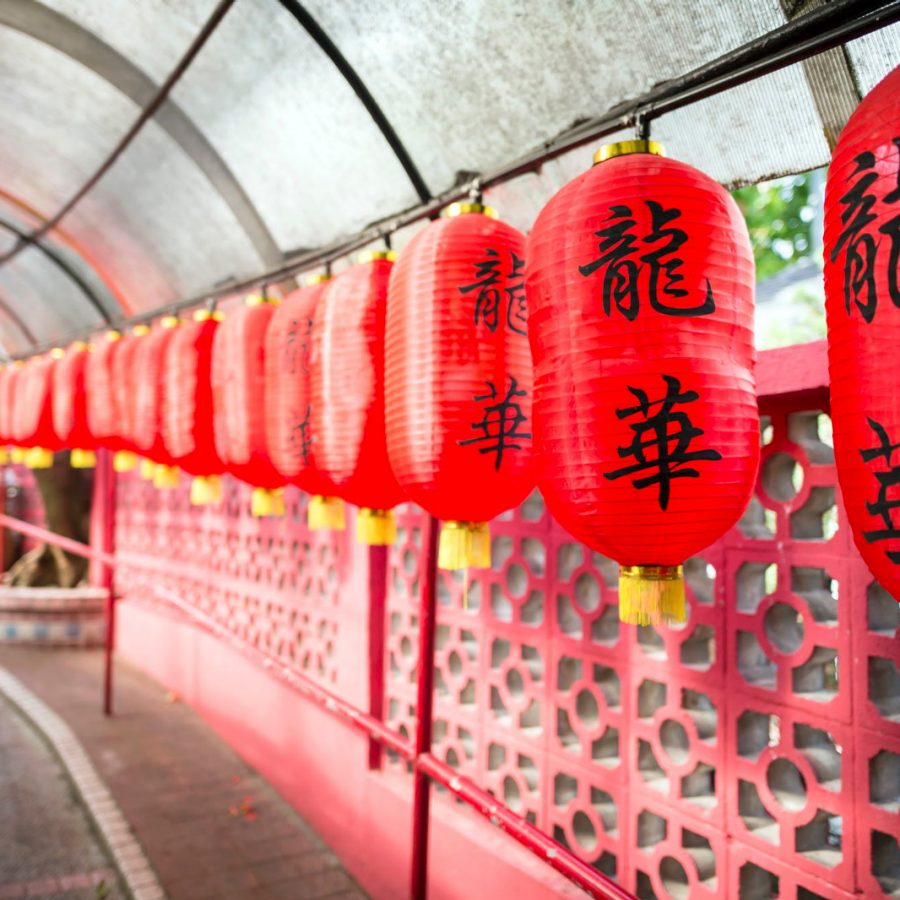
City One
Built in the early 1980s, City One remains Sha Tin’s largest private housing estate. In Aces Go Places, one of the highest-grossing Hong Kong films of that decade, a private detective (played by Karl Maka) sends someone to infiltrate the home of a jewel thief (played by Sam Hui). The pursuit leads to a daring tightrope escape high above its streets.

Credit: Getty images
Sand Martin Bridge
This important thoroughfare in Sha Tin – which connects Sha Tin city centre and the Sha Tin Wai area – was named after Hong Kong’s first Chinese youth baseball team, which was formed in a neighbourhood secondary school. The team’s story is dramatised in the 2016 film Weeds on Fire. In addition to the bridge, Hong Kong movie locations around Sha Tin include Wo Che Estate, Lek Yuen Estate and the now-defunct baseball field on To Shek Street.
Hong Kong travel information
- China – the Chinese Mainland, Hong Kong SAR, Macao SAR and Taiwan Region
- Hong Kong SAR - English
- Chinese Mainland (China) - English
- Taiwan, China - English
- 香港特別行政區 - 繁體中文
- 中国內地 - 简体中文
- 中國台灣 - 繁體中文
- Africa
- South Africa - English
- Americas
- Canada - English
- Canada - Français
- United States - English
- Asia
- Bangladesh - English
- Korea - English
- Singapore - English
- Cambodia - English
- 한국 - 한국어
- Sri Lanka - English
- India - English
- Malaysia - English
- Thailand - English
- Indonesia - English
- Maldives - English
- ประเทศไทย - ภาษาไทย
- Indonesia - Bahasa Indonesia
- Myanmar - English
- Vietnam - English
- Japan - English
- Nepal - English
- Việt Nam - tiếng Việt
- 日本 - 日本語
- Philippines - English
- Australasia
- Australia - English
- New Zealand - English

